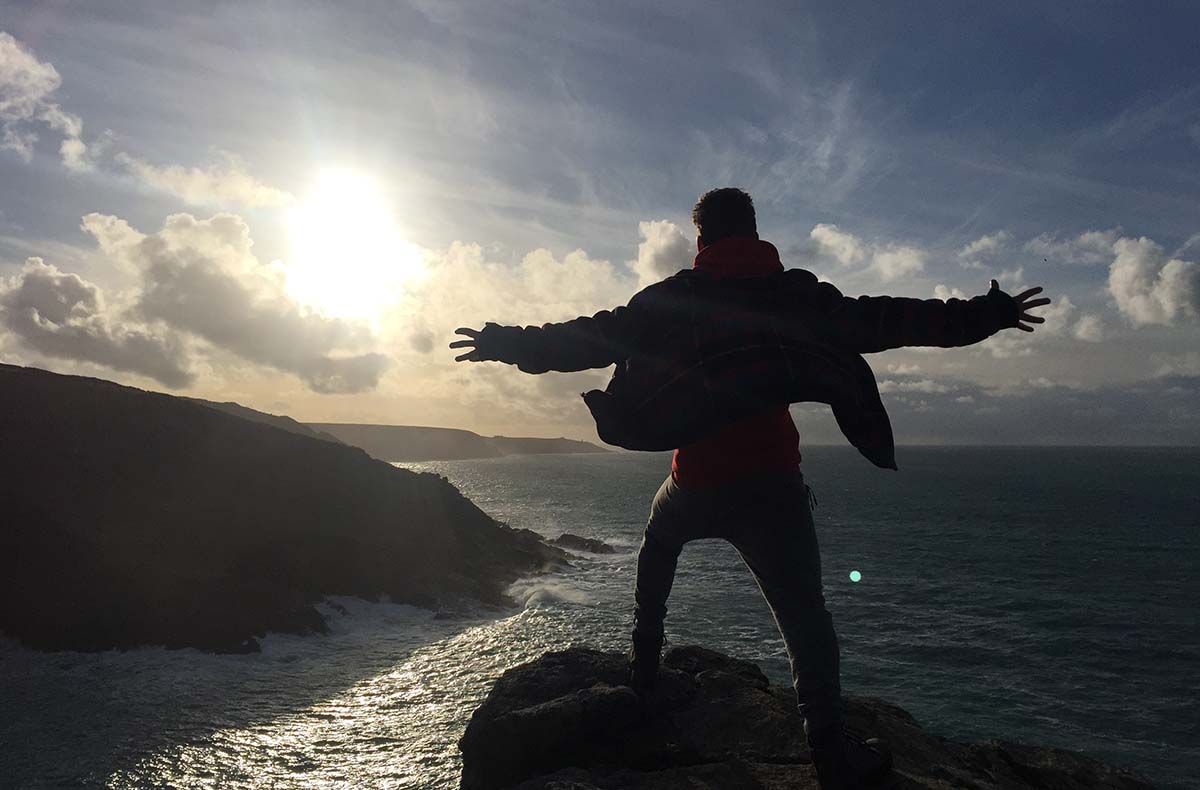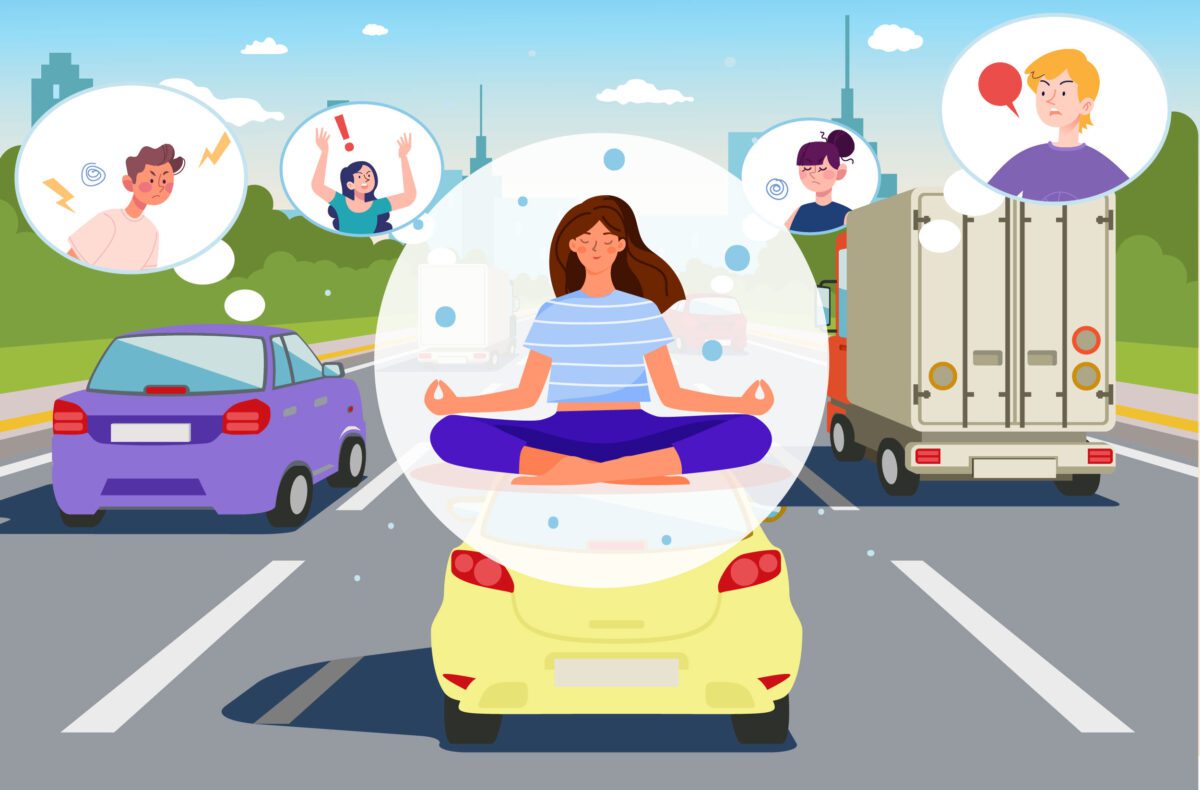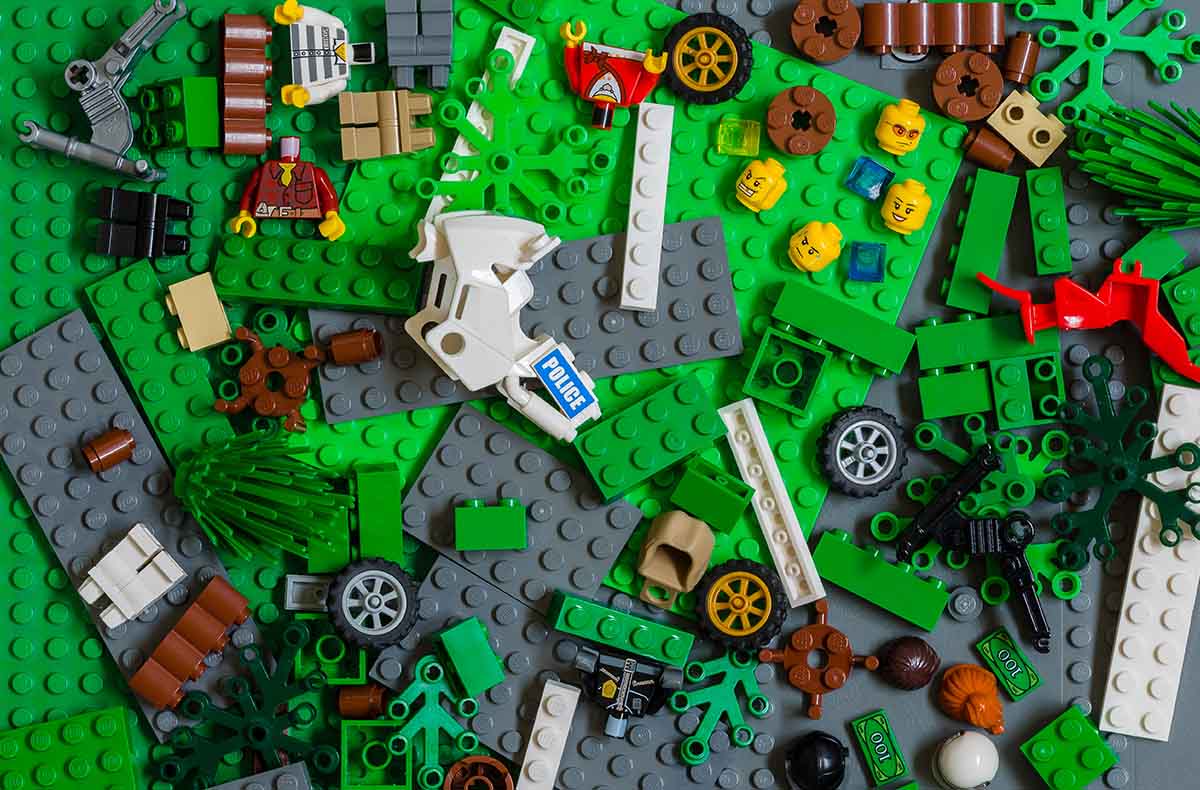
Image by Natalia Matous
In my teens and twenties, I sought out crowded nightclubs and festivals as though the heaving press of humanity fueled the very essence of my enjoyment. All-night parties in the streets of Valencia, Spain, during Las Fallas were the epitome of a great time; crowd after crowd, surrounded by immense works of art that were then burned in a pyrotechnic spectacle with firecrackers and great revelry.
Although the memory is just as vibrant and wonderful as it was 20 years ago, the very idea of a throbbing crowd now drains me of all energy, saps my enthusiasm and sends me running for the hills… and not just figuratively. For me, as for many others, one of the lasting effects of the pandemic has been to draw away from large, densely-populated cities in favor of more rural and secluded regions. And we hate it when we have to share them.
But that’s where it becomes a difficult and almost moral question. Is it elitist to deny easy access to natural areas?
When I traveled to Cambodia in 2006, I picked up a bootleg copy of Lonely Planet to get some visiting tips and remember thinking, “Well, if it’s in here it won’t be a hidden gem for long.” And therein lies the crux—as a traveler (not a tourist!) you want to experience the unique, not-yet-taken-over-by-the-instagrammers moments of magic that only the locals know about. When it comes to cafes or restaurants, you could argue that by highlighting them, you are bringing in business and broadening their customer base. But when it comes to nature… is it a different story?
Is inclusivity when it comes to natural spaces really necessary?
Every time I see a TikTok or click-baity blog extolling the virtues of “secret waterfalls” I always think, “Whelp—that’s ruined now.” It’s not just corrupted the exclusivity reward of the spot—it’s what usually accompanies the easy-access throng when they arrive. The litter, the detritus from disposable barbecues, noise, toilet roll and, in short, human waste (the stuff, not the people—I’m not that miserable).
There’s an ethical question here, too. By limiting access to only those who have the time and are willing to make the effort of a two-hour trek to that delightful waterfall, you are also limiting access to those who are physically less able to get there, like those in wheelchairs, those with very young children (honestly, it’s like herding cats) or the elderly.
This is a slippery slope. Even a car park with easy access would be called into question by some as being a propagation of elitism, as not everyone has a car, nor the ability to pay for the petrol. And surely we are trying to preserve our green spaces and restore their natural ecosystems, rather than introducing more roads, more fumes and more people. Nick Slater recently wrote about the horror that is the road trip and its appalling expense both in terms of petrol and natural destruction terms.
Nature bonding as meditation
Even beyond the idea of fairness, however, is the question of the journey. There’s a psychological shift that occurs as you move away from civilization, the hubbub and chaos of life, and toward a much quieter relationship with the natural world. Depending on where you go, this might be achieved by selecting your time of day more wisely—get up earlier and then choose to take a nap in the afternoon to make up for it. The aim is for an un-shared experience with nature.
I find this every time I go to Cornwall in the South West of England. There you can either choose to head for the well-known and easily-accessed “natural” tourist traps, like Kynance Cove, Marazion and Land’s End, with their big car parks and immediate gratification of a lovely view and choice of cafes, crammed to the gills with the impossible press of your fellow man.
Or you can look beyond the immediate horizon, take a sandwich and snacks and make the journey your goal. The reality is that the further you walk away from a car park or busy thoroughfare, the fewer people you tend to encounter. But don’t hot-foot it out of the masses as though leaving is a mission. It’s part of the decoupling, the shedding of your civilized self for your natural self.
Practice intentional and conscious savoring as you go. Listen to the sounds as they drop away from you. Feel the floor beneath your feet as it inevitably changes texture, and the air on your face, the smell nuances… and try to focus on the nature around you. Birdsong, the wind in the trees, the innocent pleasure of jumping in a puddle. Just be present.
Seek the negative to feel positive
Flashback to Cornwall. Out on the cliffs, I’ve always found I can breathe more deeply and feel the cleansing effects of the sea air—this is generally true for any large body of moving water. It is full of negative ions, which have an incredibly positive impact on your health. Imagine if you saw a miracle cure advertising improved sleep, reduced stress levels, diminished anxiety and depression, and a greater sense of well-being and happiness. You’d jump at it, no doubt.
The good news is that it’s not just near the sea that you can find these negative ions. If you’re fortunate enough, find a waterfall or a tumultuous river (basically wherever water is colliding with itself), or go to a forest, especially after a thunderstorm, which fills the air with negative ions. Even 30 minutes’ worth can lift your mood.
Studies are divided on just how impactful the negative ions can be on your health, but most seem to agree there is some iota of truth to it, even discounting the meditative benefits of savoring and taking time out from your daily stressors. Plus, in getting there, you got some exercise—hello endorphins!
So in celebration of Mother Earth Day—and indeed to celebrate her and yourself whenever possible—get out. Shed the headphones and practice savoring. You don’t always have to be busy. Good relationships take time and intentional effort, so take the first step.


